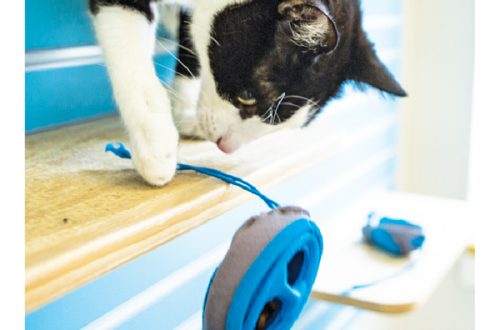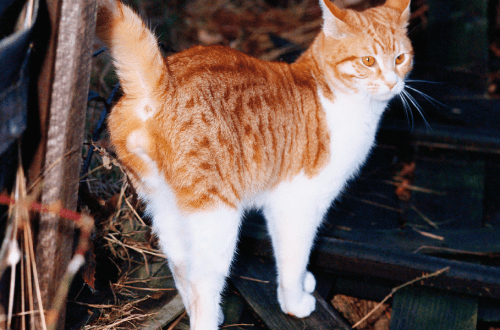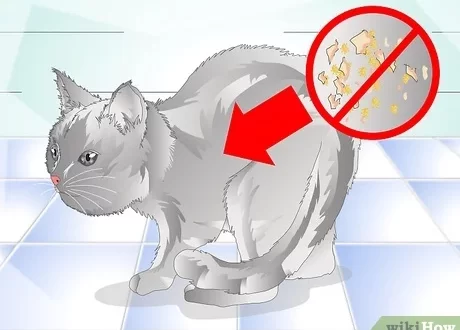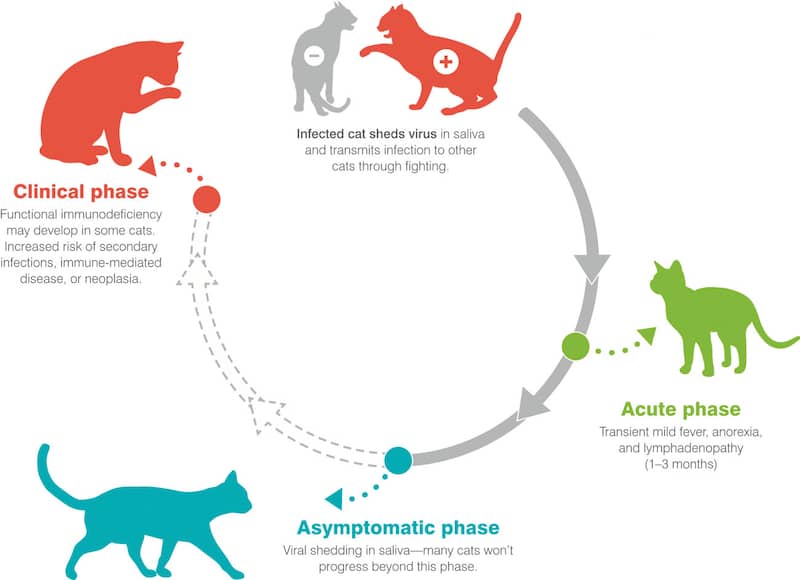
virus immunodeficiency ucing
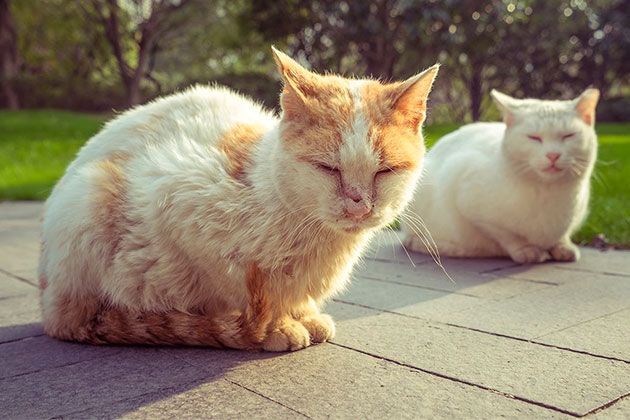
Unfortunately, cats have a number of incurable, to date, viral diseases. The most common of these are immunodeficiency, viral leukemia and infectious peritonitis. Today we will talk about the immunodeficiency virus. Why is it dangerous, how can you help a sick cat, and most importantly – how to prevent infection.
Daptar eusi
Feline Immunodeficiency Virus (FIV)
(VIC, or FIV from the English. Feline Immunodeficiency Virus) is the feline equivalent of the human immunodeficiency virus (HIV), leading to the development of AIDS – acquired immunodeficiency syndrome. Being in the blood of an animal, the virus causes a decrease in immunity, which, in turn, causes the appearance of various diseases, since the cat’s body cannot fight them due to low immunity. However, for humans, this species is not dangerous, as well as for human cats.
Ways to transfer
Both domestic and wild cats suffer from immunodeficiency. Uniquely, studies have shown that feral cats in some cases self-heal from the virus. By conducting experiments on the blood of these individuals and studying them, they are trying to create a cure for the immunodeficiency virus for both cats and humans. The main mode of transmission is through bites. A large amount of the virus is found in saliva. Cats get sick more often – this is quite understandable by the fact that they often have a struggle for territory and a female, a showdown and fights. There are also known cases of intrauterine infection of kittens. The infection is most common in cats kept outdoors and in large catteries (where there is a frequent change of livestock).
gejala
Symptoms can be different, similar to other diseases. Also, there may be no symptoms at all for a long time. The main signs of immunodeficiency:
- The development of secondary infections that do not develop in non-infected cats or resolve quickly.
- Wounds that do not heal for a long time.
- Chronic inflammation of the gums.
- Panyakit panon.
- Cachexia.
- Untidy, disheveled appearance and dull coat.
- Periodic rise in temperature.
- Lethargy, refusal to feed can also occur periodically.
- Node limfa ngabareuhan.
- Decrease in the level of erythrocytes.
- masalah neurological.
- Panyakit kronis tina sistem pernapasan.
Most FIV-infected cats have chronic stomatitis and calicivirus infection, often develop severe systemic herpes infection, as well as systemic toxovirus infection and acute toxoplasmosis. Chronic skin diseases associated with FIV infection, as a rule, are more often of a parasitic nature. An association between FIV infection and the presence of coronoviruses or symptoms of feline viral peritonitis has not been established. Infections associated with FIV and feline leukemia virus are characterized by a rapidly developing state of immunodeficiency.
Diagnostics
Comprehensive diagnosis is required to make an accurate diagnosis. The immunodeficiency virus can also be combined with other diseases, for example, a frequent combination with hemotropic mycoplasmas.
- Tes getih klinis sareng biokimiawi umum.
- Plain ultrasound of the abdominal cavity.
- Blood tests for immunodeficiency virus, feline leukemia and three types of hemotropic mycoplasmas.
anggapanana
A lot of effort goes into finding a cure for immunodeficiency. But today it doesn’t exist. There are attempts to use various immunomodulators. How to help an immunocompromised cat? Symptomatic treatment is prescribed depending on the clinical signs. Long-term antibiotic therapy in case of detection of mycoplasmas or the development of a secondary infection. Feeding with soft food or through a tube if the oral cavity is damaged. If the owner sees that the cat is suffering and there is no improvement in the quality of life, then humane euthanasia is recommended. Experimental drugs have been used to treat HIV, but at best they have provided little improvement for a few weeks. There was a high percentage of side effects. In severe anemia, blood transfusion can be used, or drugs that stimulate erythropoiesis can be prescribed, but this is only a temporary measure.
Complications in immunodeficiency
- neurological disorders. Sleep disturbance is often recorded.
- Eye damage – uveitis and glaucoma.
- There is evidence that cats with immunodeficiency have an increased risk of developing neoplasms.
- Chronic inflammation in the oral cavity is often severe due to the addition of calicivirus.
- Bronchitis, rhinitis, pneumonia complicated by herpes virus.
- Chronic parasitic skin infections, which are rare in cats without severe immunosuppression, such as demodicosis.
- The presence of hemotropic mycoplasmas, which have already been mentioned.
Prognosis panyakit
It’s hard to talk about predictions. Many cats can be carriers of immunodeficiency all their lives, and die, for example, in the seventeenth year of life from kidney failure. It is believed that an average of 3-5 years pass without symptoms from the moment of infection. Most often, the disease manifests itself in cats older than 5 years.
pacegahan
The best prevention is to buy a kitten from a proven cattery that is immune-deficient. If you take a cat from a shelter, from the street or from acquaintances, then it is better not to experiment with self-walking. If you want your pet to breathe fresh air, walk with him with a harness or you can make a special aviary for a cat. Apartment pets are made in special cages that go beyond the window, so the cat can enjoy the view of birds and trees and not come into conflict with fellows. There is no vaccine for immunodeficiency. Before acquiring a new animal, it must undergo quarantine for 12 weeks, and then donate blood to detect antibody titers to the immunodeficiency virus. It is not necessary to euthanize an animal infected with FIV, however, owners of such an animal must be fully aware of the danger that their animal poses to other domestic cats. Such an animal must be isolated from other cats to prevent the spread of infection among stray cats and outdoor cats. FIV-infected sires should be completely excluded from breeding, even though transmission of the virus from mother to kittens is quite rare. In overexposure kennels and in shelters for homeless animals, new arrivals must be kept in isolation, in order to avoid fights and other contacts. The infection is not transmitted through care items and food utensils, therefore, compliance with the norms for keeping healthy animals and the timely detection and isolation of FIV-infected animals are the only effective means of prevention.



